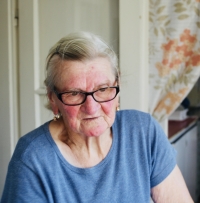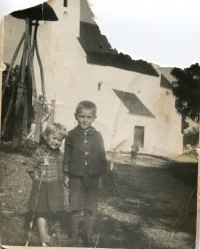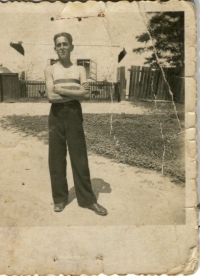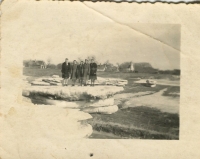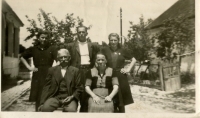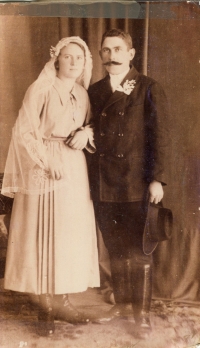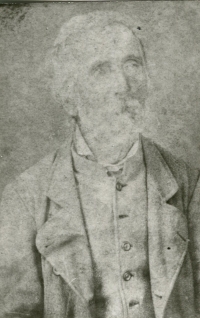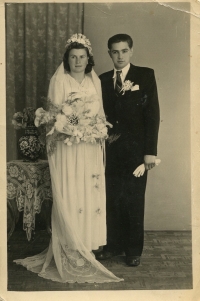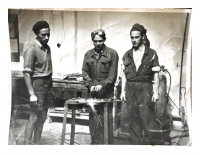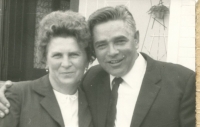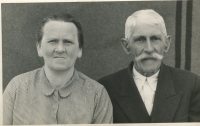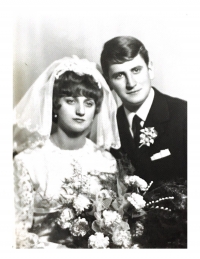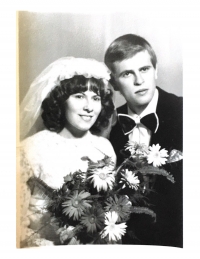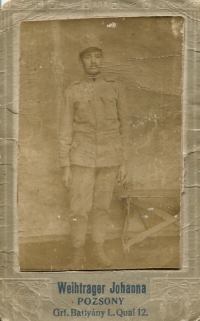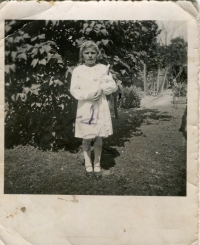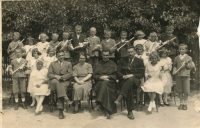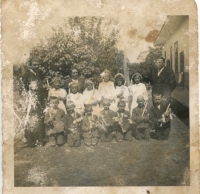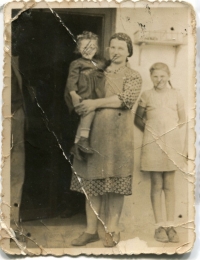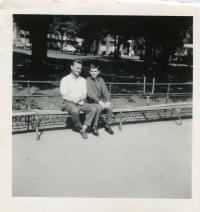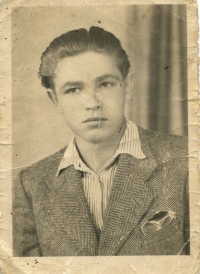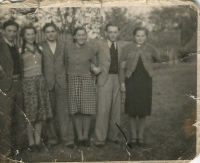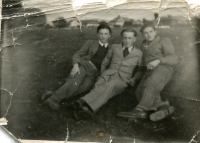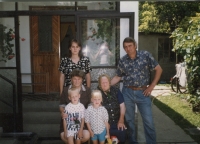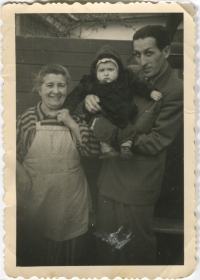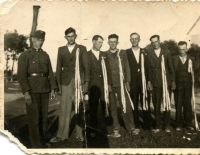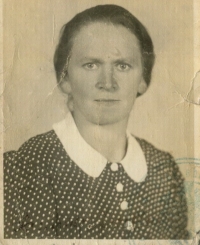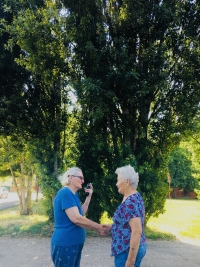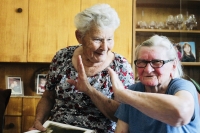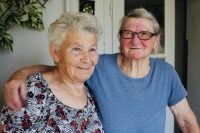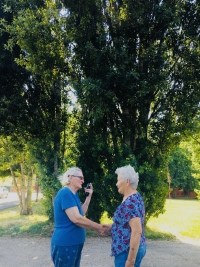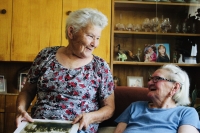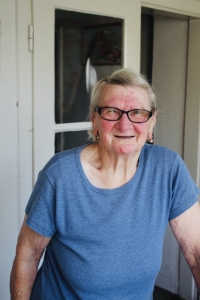Help yourself and God will help you!
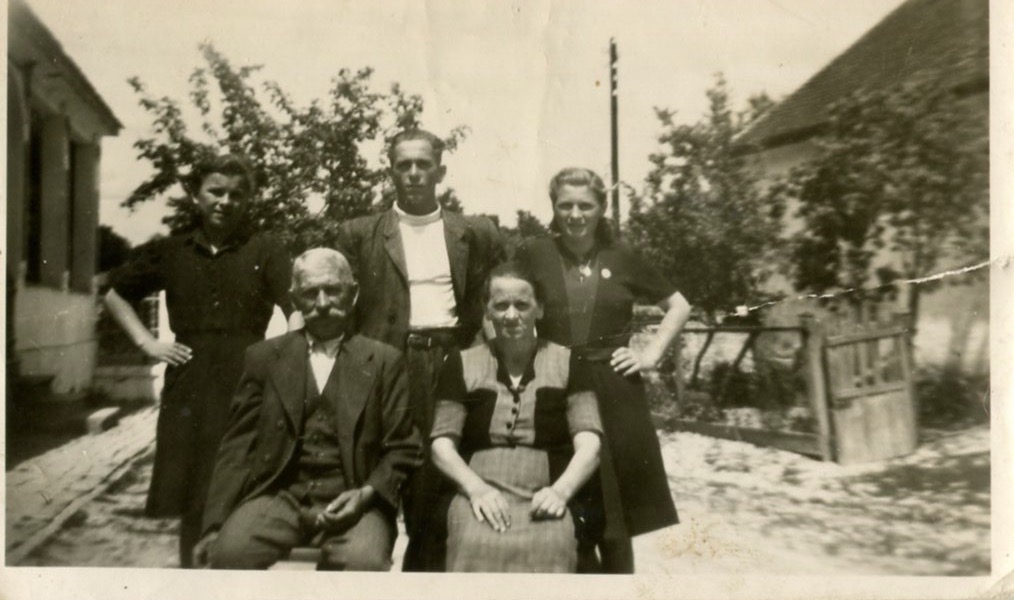
Stáhnout obrázek
Mária Bors, née Pammer, was born on 19th July 1933 in the village of Gútor, today Hamuliakovo, Southern Slovakia, into a Hungarian family. Her parents József a Terézia were both farmers from Hamuliakovo. In 1944 and 1945 the Pammers helped a Jewish family by hiding them in their barn. From 1945 to 1947 Mária witnessed deportation of her Hungarian neighbours form Gútor to the Czech lands, as well as the escapes of some across the Danube into the close border village of Rajka (Hungary). In 1947 the Pammers received the so called „white card“, meaning they had to leave for Hungary. The family packed all the possesions they could take with them and on 17th November 1947 they left by train for Hungary, without knowing where exactly they went. After seven days, they ended up in the village of Nagynyárád, close to Mohács, Southern Hungary. There they received a house vacated by a German family that was expelled to Germany. The Pammer family had difficulties getting used to new conditions. During the socialist regime, they had to give a substantial part of their farming products to the state. In 1950, at the age of 17, Mária married Antal Bors, a childhood friend whose family was also expelled from Slovakia. In 1954 they used the opprotunity to move to Mosonymagyaróvár, a city close to Rajka and Hamuliakovo. Throuout her live, she did many manual jobs. Today she lives in Mosonymagyaróvár with her grandchildren.
